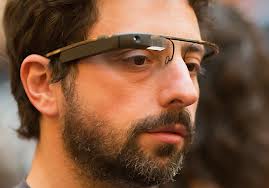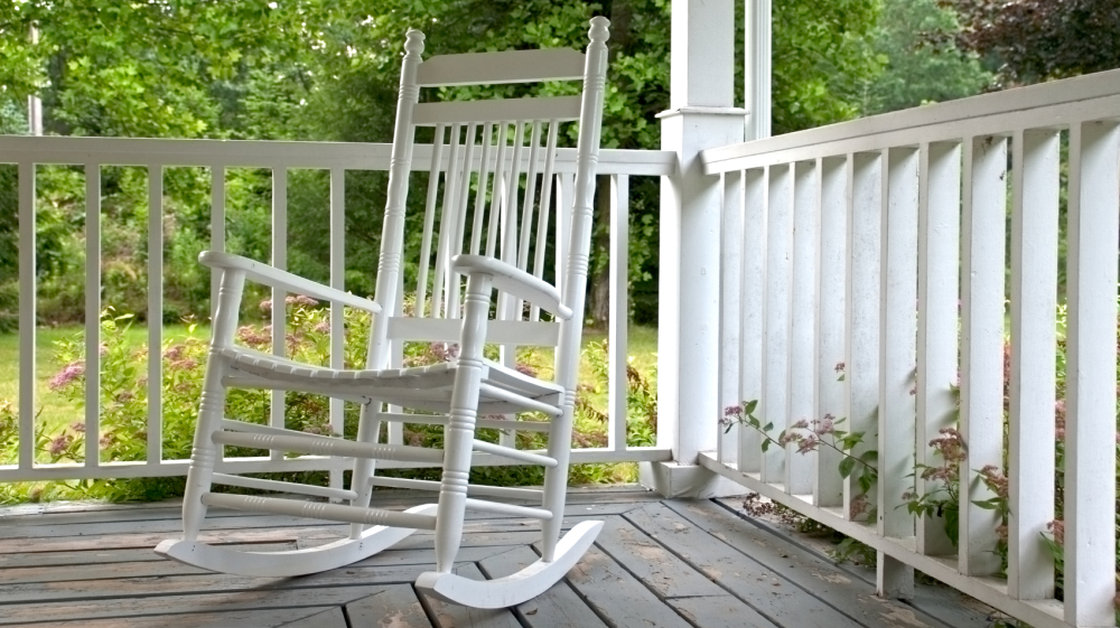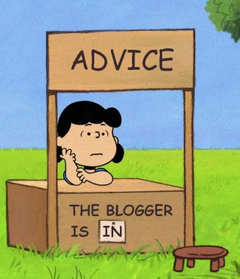ECON 101: Comparative Advantage: Or, why it still can be ok to be worse at everything
I was talking with a friend recently, the kind of person who is just good (and often really darn good), at just about everything. Successful in their career, well-respected in their industry, good-looking, model family life, knows how to cook/fix/find just about anything.... you get the idea.
We probably all have a friend or colleague that fits that description, maybe even going back to childhood perhaps where the memory of our high school nemesis that was just a little better than us at sports and in class and with the ladies (or guys), always just ticked us off to no end.
No matter what the activity or subject or context, this person was just better. At everything. And it can easily be pretty annoying. David Ricardo - 'He amassed a considerable personal fortune'
David Ricardo - 'He amassed a considerable personal fortune'
Until you recall (or learn for the first time as in the case of the high school me), the Law of Comparative Advantage. Let's do a quick ECON 101 review:
In economics, comparative advantage refers to the ability of a party to produce a particular good or service at a lower marginal and opportunity cost over another. Even if one country is more efficient in the production of all goods (absolute advantage in all goods) than the other, both countries will still gain by trading with each other, as long as they have different relative efficiencies.
The idea of comparative advantage has been first mentioned in Adam Smith's Book The Wealth of Nations: "If a foreign country can supply us with a commodity cheaper than we ourselves can make it, better buy it of them with some part of the produce of our own industry, employed in a way in which we have some advantage." But the law of comparative advantages has been formulated by David Ricardo who investigated in detail advantages and alternative or relative opportunity in his 1817 book On the Principles of Political Economy and Taxation in an example involving England and Portugal. In Portugal it is possible to produce both wine and cloth with less labor than it would take to produce the same quantities in England. However the relative costs of producing those two goods are different in the two countries. In England it is very hard to produce wine, and only moderately difficult to produce cloth. In Portugal both are easy to produce.
Therefore while it is cheaper to produce cloth in Portugal than England, it is cheaper still for Portugal to produce excess wine, and trade that for English cloth. Conversely England benefits from this trade because its cost for producing cloth has not changed but it can now get wine at a lower price, closer to the cost of cloth. The conclusion drawn is that each country can gain by specializing in the good where it has comparative advantage, and trading that good for the other.
This Business Insider piece from the weekend spurred me to think about Comparative Advantage (and what can happen when really powerful and attractive companies like Google are powerful enough to essentially ignore the 'law' in many respects), a look at some of the worst aspects for working for such a desirable employer.
Among the chief complaints raised about life at Google was that their hiring standards are so high and that fact, combined with seemingly everyone wanting to work for them, that many, many sort of mundane positions are staffed with over qualified, exceptional, and often wasted talents.
Here is an example of how that plays out:
There are students from top 10 colleges who are providing tech support for Google's ads products, or manually taking down flagged content from YouTube, or writing basic code to A|B test the color of a button on a site."
Adam Smith's law of Comparative Advantage, if Google cared about such things, would probably tell them that it was relatively inefficient for them to try to be the best at everything, that more or less, they should focus on those elements where their advantage in the market (for talent in this case), was the greatest compared to their competition, and let the wanna-bees fight it out over the rest.
But I don't really care about Google, I care about you, (I am a giver that way). We both know what it's like having to deal with that person who is just better at everything than we are.
It is tiring.
It is frustrating.
And often, we will simply give up and move on to something else when we really should have stuck with what we loved.
Everything is comparative. If you get a job at Google you are probably going to feel dumb much more often than you are accustomed to feeling.
Note: I had a recent piece over on Fistful of Talent that looks at this topic a little more as well.
Have a great week!

 Steve
Steve




